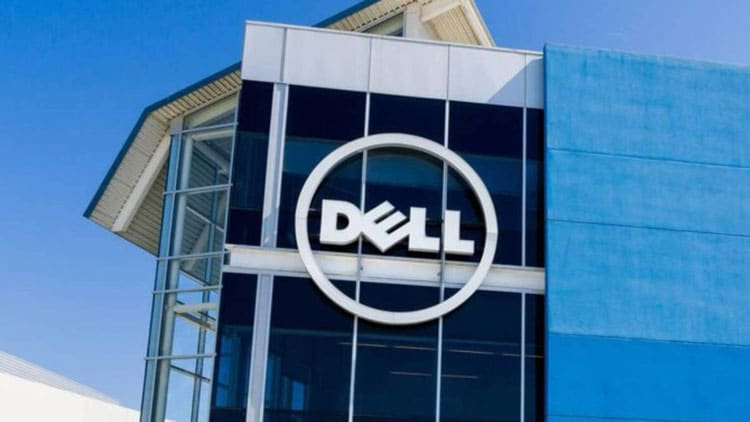Sources: Indiatoday, Livemint, Techradar
Dell Technologies has announced a second round of layoffs in 15 months. The company has fired around 12,500 employees. Affected employees are reportedly being offered severance packages that include two months’ wages plus an additional week per year of service up to a maximum of 26 weeks.
The layoffs primarily impacted managers, senior managers, directors, and VPs, some with over two decades of experience at the company. This round of layoffs follows a trend of workforce reductions at Dell, including a notable reduction of around 13,000 employees in the 2023 fiscal year. With the current layoffs, Dell’s workforce is expected to fall below 100,000, down from 130,000. Employees anticipated the cuts, noting recent budget reductions and canceled projects. This strategy leads to a better focus on Artificial Intelligence (AI) and modern IT solutions. This reduction aims to streamline operations and prioritize investments that drive future growth.
However, data shows emerging skepticism surrounding AI in consumer decision-making. People don’t trust products that mention AI. Recent research from Washington State University reveals that marketing products focusing on “artificial intelligence” (AI) may deter potential buyers, leading to lower sales.
Through experimental surveys involving 1,000 U.S. adults, the study found that products explicitly described as using AI were generally less popular. For example, a smart TV described with AI was less appealing to consumers than one without the AI mention.
Lead author Mesut Cicek explains that mentioning AI reduces emotional trust, decreasing purchase intentions. This effect was consistent across various product categories but was particularly strong for high-risk products like expensive items or those related to health and finances. Consumers viewed these AI-powered products with more skepticism due to safety and reliability concerns.
Companies should highlight the benefits and features brought by AI without explicitly mentioning AI itself. Companies can avoid triggering consumer mistrust by focusing on the products’ enhanced experiences and practical advantages. These fears may diminish as AI becomes more familiar, but careful marketing strategies are now crucial.


